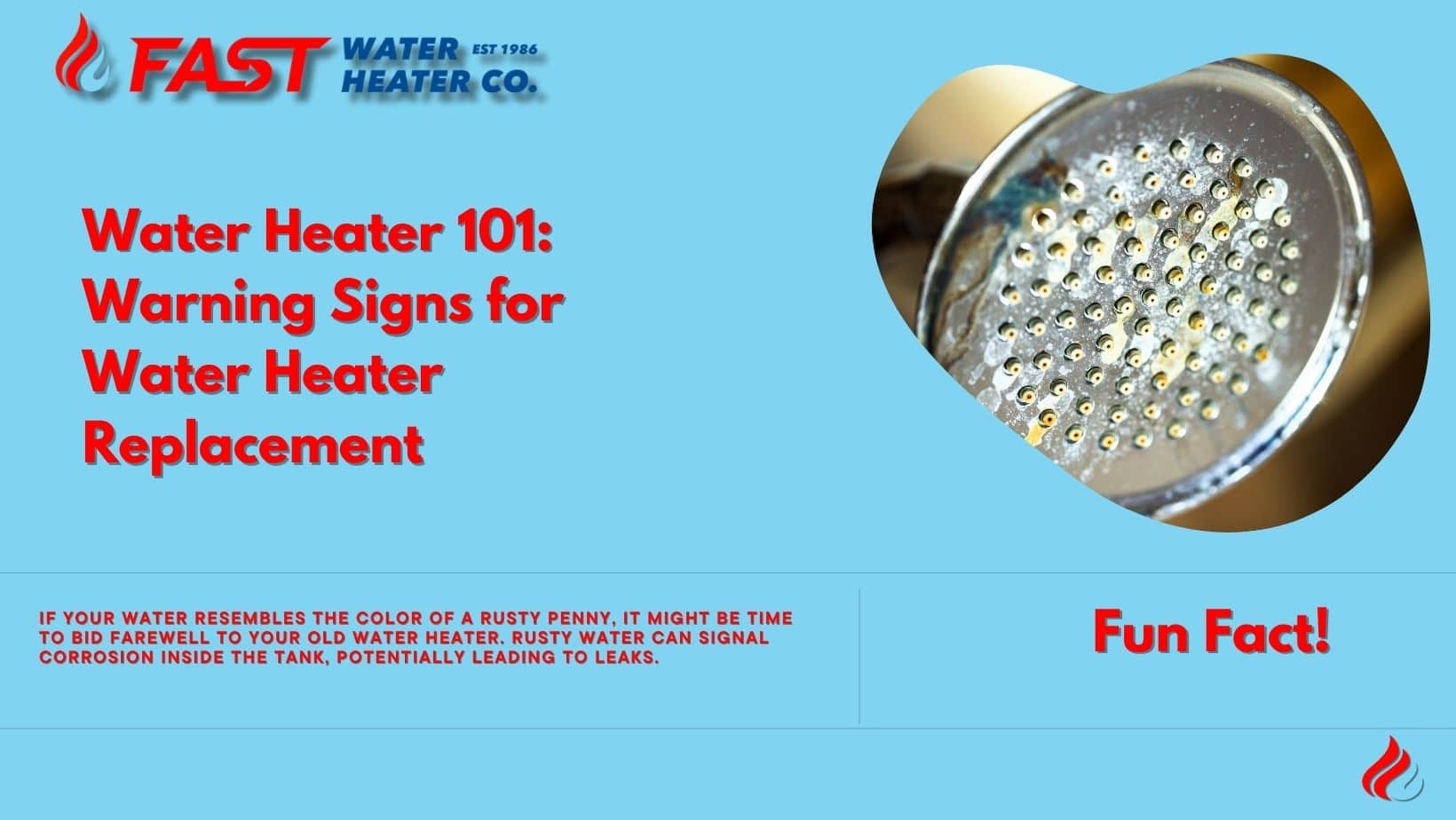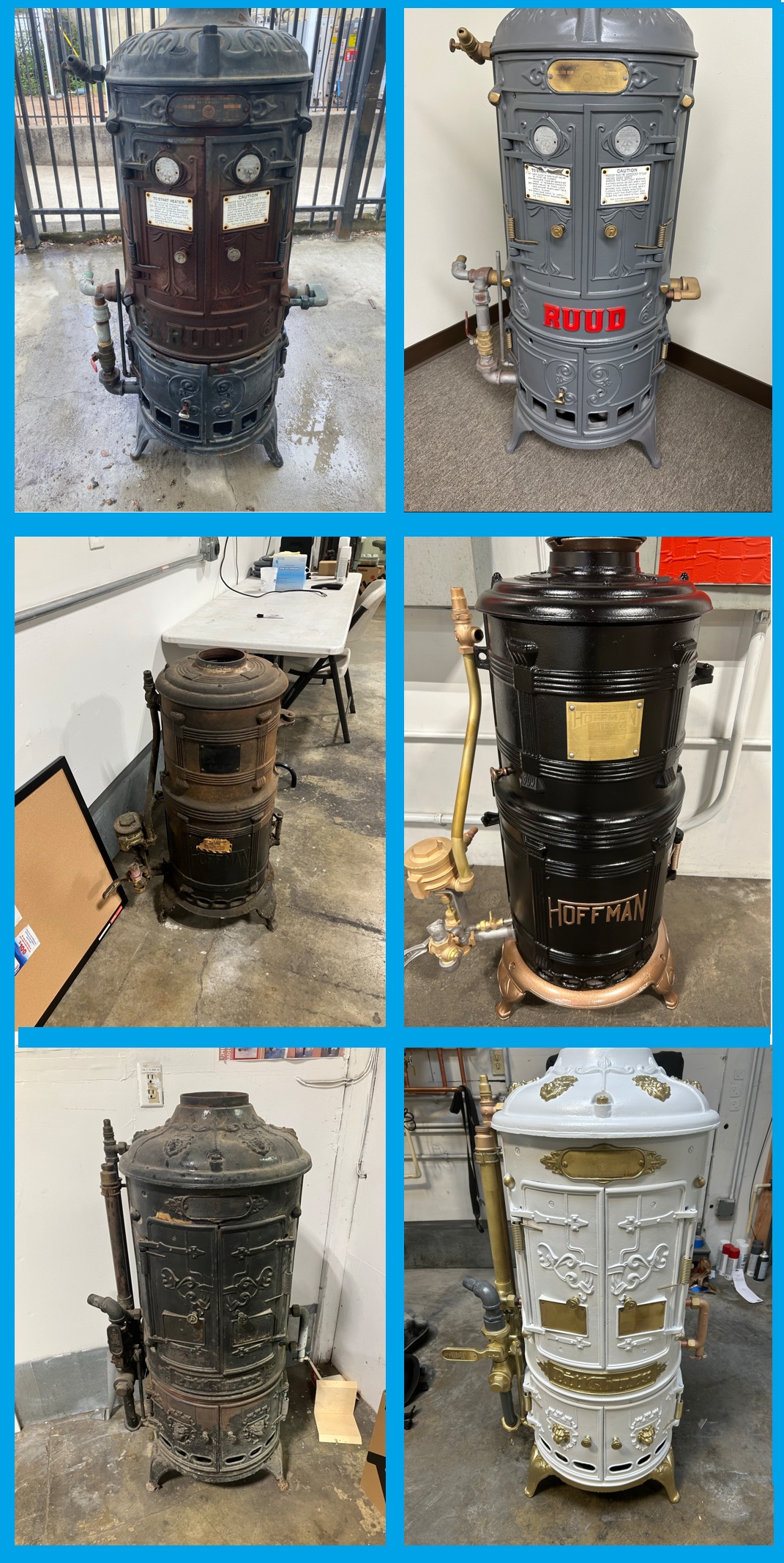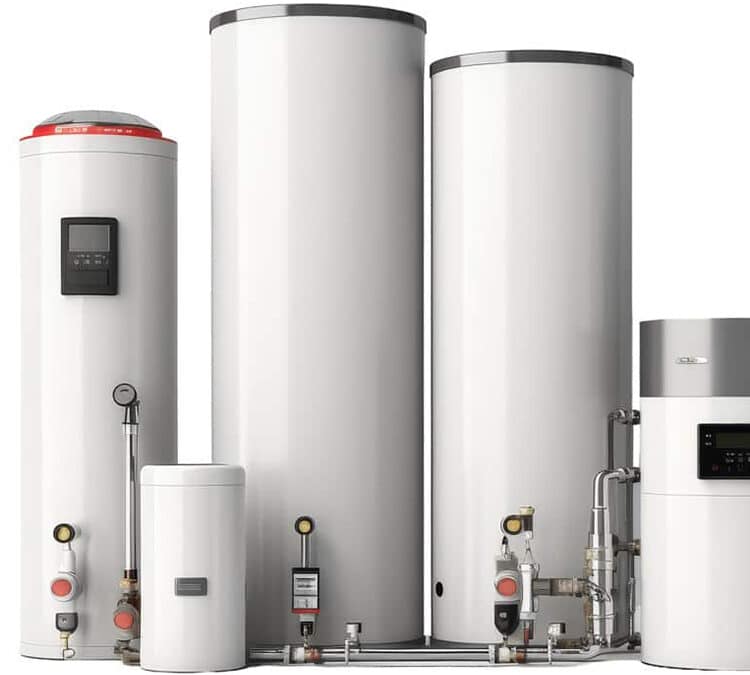It’s easy to overlook your water heater’s age, especially when it functions without issues. However, homeowners need to remember that water heaters won’t last forever. As they age, these crucial fixtures may face problems, affecting your family’s access to hot water.
Are you concerned about your water heater nearing the end of its service life? The good news is that you can spot many warning signs indicating it’s time for a replacement.
Let’s examine the top five signs that suggest you should replace your water heater sooner rather than later.
Water Heater’s Age Dictates Replacement Time:
Your water heater, like all home appliances and fixtures, has a specific lifespan. Typically, a traditional hot water heater lasts between 8 to 12 years. Usage rate, efficiency, and regular maintenance can influence how long your unit lasts.
Old age stands out as a key sign that you need to replace your water heater. As it ages, it may lose energy efficiency, leading to higher energy bills, insufficient heating, and the risk of a sudden breakdown.
How to Determine a Water Heater’s Age:
Forgetting your water heater’s age is common. To find out, you can check the installation date on the tank’s label.
If the label is missing, the serial number can offer clues. Serial numbers can be tricky to interpret, so you might need to visit the manufacturer’s website for a decoder or ask a local water heater expert for help.
Hot Water Problems:
When replacing a water heater, inconsistent water temperatures or a complete lack of hot water are crucial signs. You might need to replace a damaged heating element if you’re experiencing temperature fluctuations. An undersized water heater could also cause your uncomfortably cold showers.
If your household is large or has grown, your current water heater might not meet your hot water needs anymore. Upgrading to a larger, higher-capacity water heater could be necessary.
Serious Water Heater Leaks:
Pooling water around your hot water tank’s base signals a leak, indicating that replacement might be necessary.
While you can easily fix some leaks, like replacing a faulty pressure relief valve, others require expert help. Neglecting maintenance can lead to sediment buildup at the tank’s bottom, causing cracks and leaks.
If your tank is leaking, replacing it is usually the best solution. Do this promptly to prevent further water damage. Remember to shut off the water to your tank when calling a professional for help.
Water Discoloration:
Recently noticing discolored water when you turn on the faucet or shower? This could be a warning sign. Damaged anode rods, which prevent tank corrosion, can cause this issue.
You can replace anode rods, but you should also consider your water heater’s age and performance. If it’s old, underperforming, and often needs repairs, replacing it might be a wiser choice.
Unusual Noises:
Your water heater shouldn’t make any strange sounds. If it does, you might have a damaged heating element or sediment buildup in the tank.
Sediment buildup is a serious concern. It hampers the water heater’s performance, causing it to use excessive energy. This extra strain can lead to wear and tear and potential failure.
Time For A Replacement? Schedule An Appointment!
These signs can help you identify when it’s time to replace your water heater. If you notice any of them, don’t hesitate to call Fast Water Heater. We provide same-day hot water heater installations and replacements in Seattle, WA, and nearby areas, including parts of Oregon and California.
You deserve a reliable hot water supply. Cold showers are no fun. For a hassle-free water heater replacement, contact us today to schedule an appointment!




